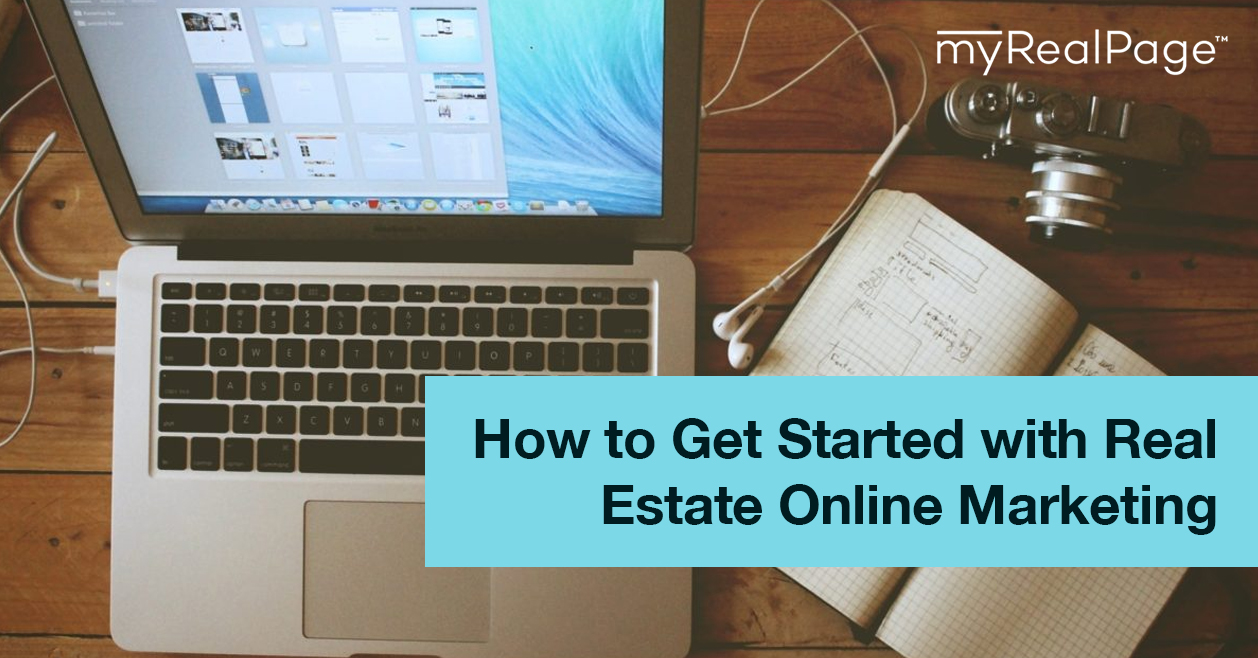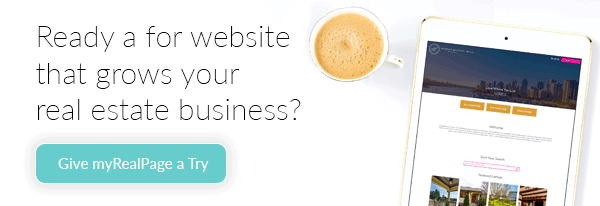How to Get Started with Real Estate Online Marketing

Here’s the scenario: you’re either new to the whole real estate business, or you’re a veteran who has been getting by using traditional marketing methods. Meanwhile, you keep seeing articles about how great online marketing can be for realtors, and even your colleagues are recommending it. You’re then finally convinced that you’d like to give this whole thing a try (which is great!) … but how exactly do you get started?
Don’t worry, because we’ve got those answers for you! Here are some of the basic steps you need to take to get you started on the path of real estate online marketing.
Start out with a plan
 As with any project or endeavor, you will first need to have a plan, or at least set some goals. In the case of realtors, this is the stage where you will need to determine certain parameters such as who your target audiences or demographics are, and what you have to offer to them.
As with any project or endeavor, you will first need to have a plan, or at least set some goals. In the case of realtors, this is the stage where you will need to determine certain parameters such as who your target audiences or demographics are, and what you have to offer to them.
For example, do you cater to a niche market? Do you specialize in certain neighborhoods? Do you prefer first time home buyers, or those who are older and are looking for a second or third home?
Being able to clearly answer these questions can help you make strategic decisions later on, and can set the tone and/or look of your entire online marketing campaign.
Get online, get a website!
Of course, to start an online marketing campaign for your real estate business, you need to be, well, online! Establish your online presence by creating a real estate website that features you and your business. A functioning real estate site should contain at least the following:
- Information about you. Your contact information should be prominently displayed, or at least be very easy to find by anyone visiting your website. It is also recommended to include a good headshot of yourself, as well as a short bio.
- Your listings. Let people know what properties you’re currently offering. Make sure that your listings have complete details, and are accompanied by good photos and virtual tours.
- A way for people to search for properties. This part usually shows up as a form on your website, where visitors enter search terms such as city or neighborhood names. Most useful forms also allow visitors to indicate the type of properties, number of rooms, and price ranges of properties they’re looking for.
- Useful content. While the ultimate goal of your website is to help you close a deal, it’s also important for it to contain useful and/or interesting information for your site’s visitors. This can come in the form of features such as free mortgage calculators, interesting blog posts, or educational e-books. These items can help visitors stay longer on your site, visit more often, and maybe even recommend it to their own contacts!
Join social media
 Now that you have your main real estate website, it’s also very helpful to start joining social media. We’re not talking about simply having a personal Facebook or Twitter account, but instead, create a separate account that is specifically for business use. These accounts will bear your business/brand name, and its content should be related to your field.
Now that you have your main real estate website, it’s also very helpful to start joining social media. We’re not talking about simply having a personal Facebook or Twitter account, but instead, create a separate account that is specifically for business use. These accounts will bear your business/brand name, and its content should be related to your field.
Tell everyone about it
Now that you have the online equivalent of a headquarters or office set up, it’s time to let people know that it’s there and that they should come over!
Try inviting friends and colleagues, or maybe even previous clients to visit your website, and follow or subscribe to your social media accounts (just make sure to do it nicely! Don’t force them, and don’t pester them about it!).
Start including links to your site in your email signatures, or maybe your brochures and calling cards, too.
You can also try bringing readers over via online advertising. Most social media platforms offer ways for you reach your target audiences for a small fee, and you can indicate which age groups or locations you’d like the ads for your site to show up in.
Maintain and monitor
Once you have your first readers and followers – no matter how many or how few – make sure that your website and social media accounts are regularly updated. It may sound like a chore, but don’t worry, because there are ways to automate this. Basically, you just need to ensure that your accounts don’t look inactive or abandoned, even if it’s just by saying hello or posting a relevant photo a couple of times a week.
It will also be important for you to start monitoring activity on your accounts. Make sure that you get to read and reply to messages you may receive over social media, and check in occasionally to see what people are saying in the comments sections of your posts. Join the conversations, and let everyone know that they are indeed dealing with a real person.
And there you go!
The steps outlined above are just the very basics of what you’ll be needing, but it should be enough to get you started. As time goes on, you’re sure to learn more about other aspects as well as the nuances involved in online marketing.
With a bit of time and research, you’re bound to succeed in your online marketing efforts, and give your real estate business a healthy boost!
Last Updated on August 12, 2022 by myRealPage


